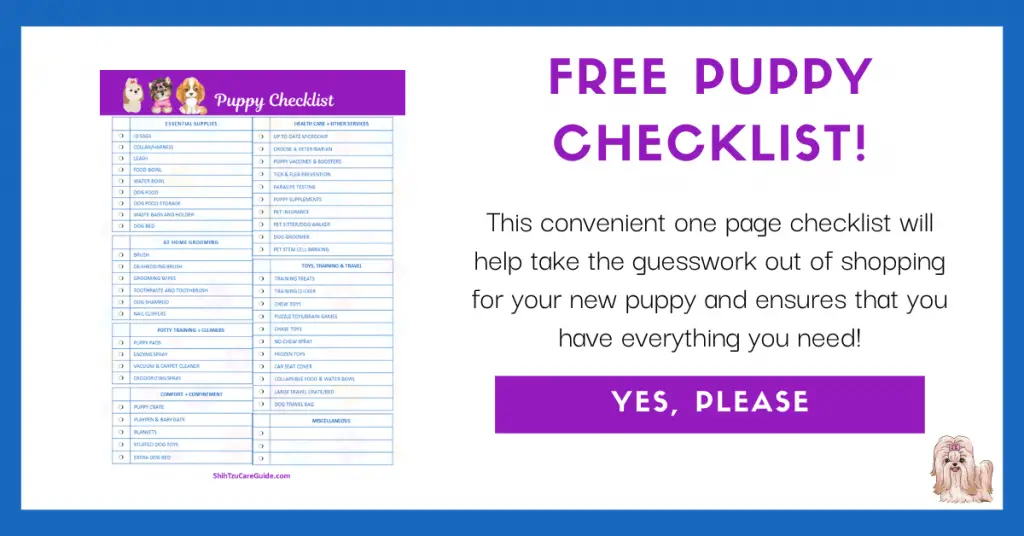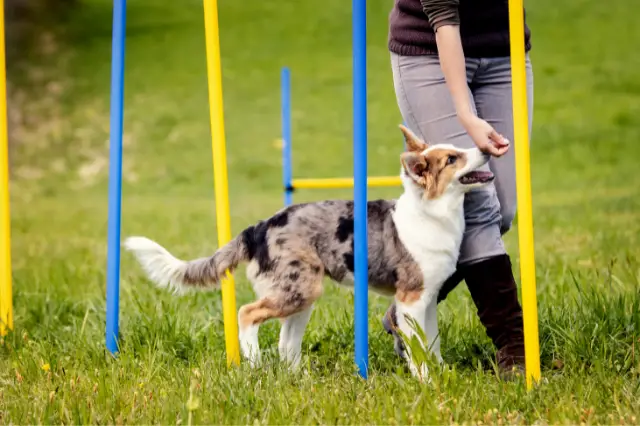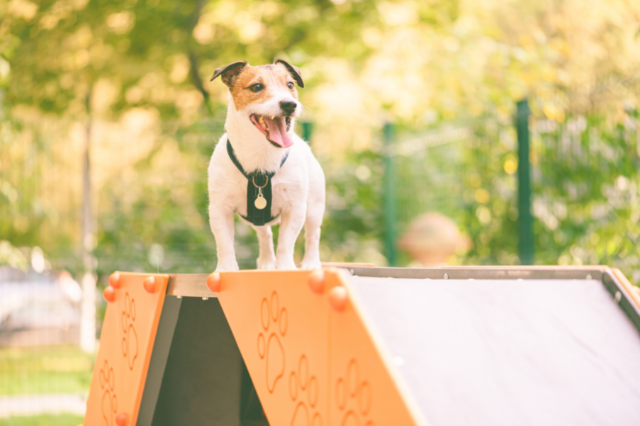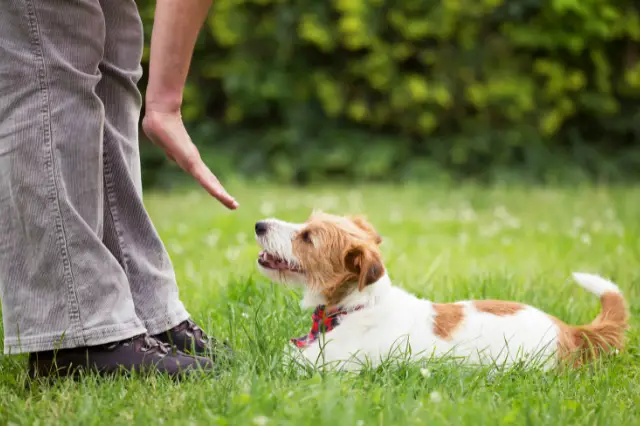When it comes to how to find the right dog trainer for you, it can feel overwhelming. After all, there are so many options out there! How can you be sure that you’re making the best decision for you and your furry friend?
Well, don’t worry – I’m here to help. Let’s look at 10 tips for finding a qualified and reputable dog trainer.
So, whether you’re just getting started or if you’ve been struggling to find the right fit, read on for some helpful advice!
1. Do Your Research Before Hand
Before you start your search for a dog trainer, it’s important to do your homework. This means taking the time to learn about different training methods and approaches.
What works for one dog may not work for another, so it’s important to find a trainer who is willing to tailor their approach to your pup’s individual needs.
Once you’ve done your research, you’ll be able to ask more informed questions – and this will help you weed out the trainers who aren’t a good fit.
When you’re doing your research, look for qualified dog trainers who have experience with the type of training you’re interested in.
For example, if you want to train your dog for obedience, you’ll want to find a trainer who has experience with that particular discipline.
If you’re not sure what type of training you want, that’s okay! Many trainers are well-versed in multiple methods and can help you figure out what will work best for your dog.
2. Consider Your Budget
Another important factor to consider when choosing a dog trainer is your budget. Training services can vary widely in price, so it’s important to find a trainer who fits within your budget.
Keep in mind that you may need to pay for multiple training sessions, so be sure to factor that into your budget as well.
If cost is a major concern for you, there are a few things you can do to save money. First, see if your local animal shelter or pet shop offers any training classes.
These classes are often much cheaper than private sessions and can be just as effective.
Another option is to look for group classes – these are usually more affordable than private lessons.
Of course, if you have the budget for it, private lessons can be a great option. This is especially true if you have a dog with behavior issues that require one-on-one attention.
No matter what your budget is, there’s a training solution out there that will work for you.

3. Know What You Want to Achieve
Before you start looking for a trainer, it’s important to have a goal in mind. What do you want to achieve through training?
Are you hoping to obedience train your dog so that they can compete in competitions?
Or are you simply looking for some basic manners training so that your dog is better behaved at home?
Having a clear goal in mind will help you find a trainer who is qualified to help you achieve it.

4. Ask About Qualifications
When you’re talking to potential trainers, be sure to ask about their qualifications. A qualified trainer will have experience working with dogs and will often have some sort of certification.
For example, many trainers are certified through the National Association of Dog Obedience Instructors or the International Association of Canine Professionals.
If a trainer is not certified, that doesn’t mean they’re not qualified – but it’s important to ask about their experience. How long have they been training dogs? Do they have experience with the type of training you’re interested in?
5. Meet the Trainer in Person
Before you commit to a trainer, be sure to meet them in person. This will give you a chance to get a feel for their personality and see how they interact with dogs.
It’s important that you feel comfortable with your trainer – after all, you’ll be working with them on a regular basis!
When you meet the trainer, be sure to ask about their training methods. Do they use positive reinforcement? Do they believe in using punishment? What is their philosophy on dog training?
It’s important that you find a trainer whose methods align with your own beliefs.
If possible, try to observe a training session before you commit to working with a particular trainer. This will give you a good idea of what to expect and will help you decide if the trainer is a good fit for you.
6. Evaluate the Facility
When you’re looking for a trainer, it’s important to evaluate the facility where they work. A good training facility will be clean, well-organized, and safe for both dogs and humans.
It should also have all the equipment necessary for effective training.
When you’re visiting the facility, pay attention to the trainers and the dogs. Do the trainers seem knowledgeable and professional? Do they treat the dogs with respect? Are the dogs happy and well-behaved?
7. Watch a Training Session in Progress
Once you’ve decided on a trainer, try to observe a training session before enrolling your dog.
This will give you a good idea of what to expect.
If you can, try to talk to the trainer after the session is over. Ask them about their methods and get their opinion on whether or not they think you’d be a good fit for their program.

8. Get References
Before you enroll your dog in a training program, be sure to get references from the trainer. Ask them for the names and contact information of some of their previous clients. Then, take the time to call or email those references.
When you’re talking to references, be sure to ask about their experience with the trainer.
Did they find the trainer to be knowledgeable and professional? Did they feel like their dog made progress during the training program?
Would they recommend the trainer to others?
Asking for references is a great way to get an unbiased opinion on a trainer’s abilities.
9. Inquire About Trainers Cancellation Policy
Before you enroll your dog in a training program, be sure to ask about the trainer’s cancellation policy. Find out what happens if you need to cancel or reschedule a session.
It’s important to know what the cancellation policy is before you commit to working with a trainer. That way, you won’t be stuck paying for a service that you can’t use.
Some trainers have a no-refund policy, so be sure to ask about this before you enroll your dog in a program.
10. Trust Your Gut Instinct
When you’re looking for a trainer, it’s important to trust your gut instinct. If something doesn’t feel right about a particular trainer, don’t be afraid to look elsewhere.
There are a lot of great trainers out there, so don’t settle for one that you’re not comfortable with. Take the time to find someone who you can trust and who you feel good about working with.
Final Thoughts
These are just a few tips to help you find the right dog trainer for you. By following these tips, you can be sure that you’ll find a trainer who is a good fit for your needs.
Most importantly, you can be sure that your dog will receive the training that they need and that you and your dog will be happy with the results.
Thanks for reading!



